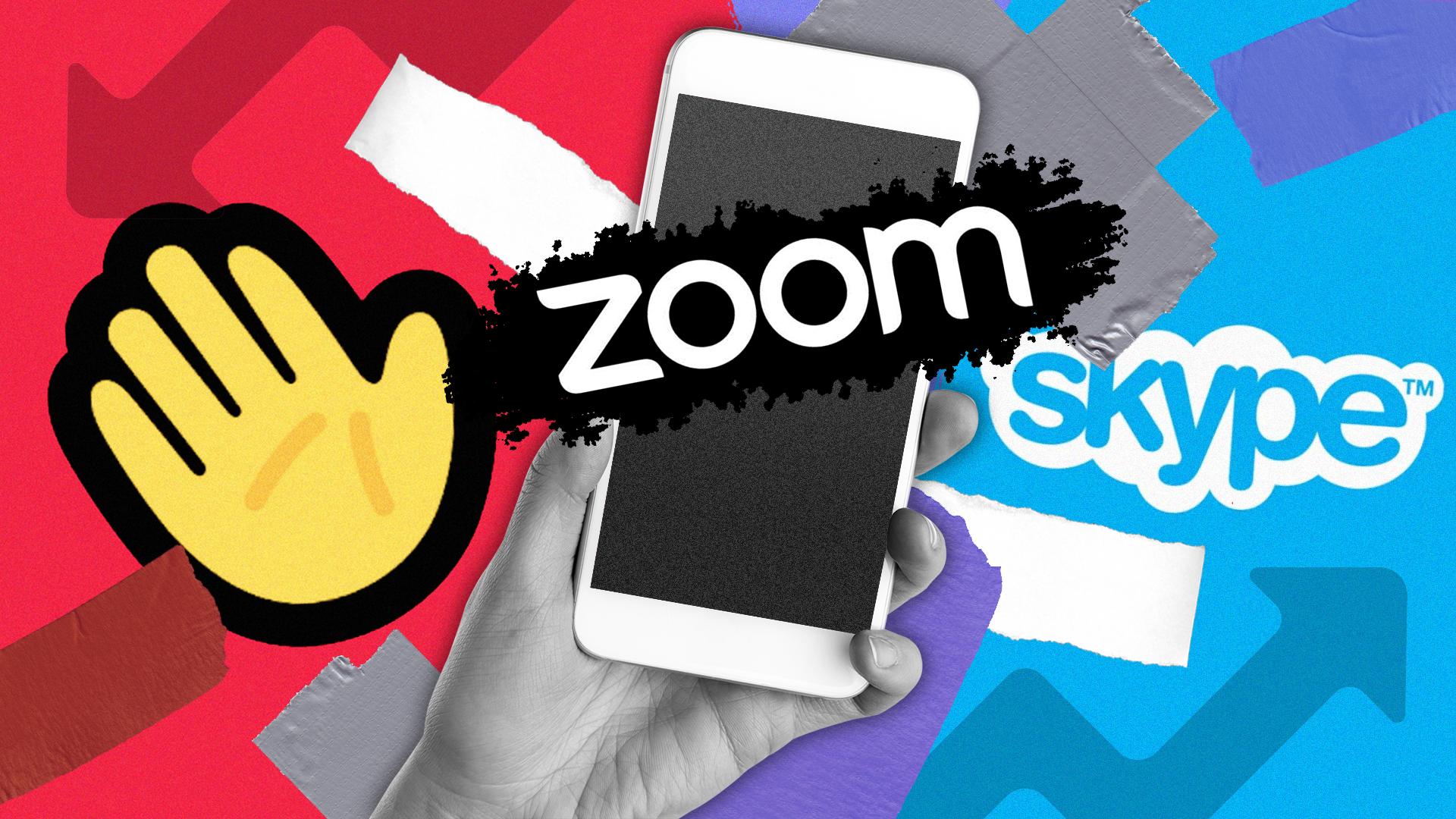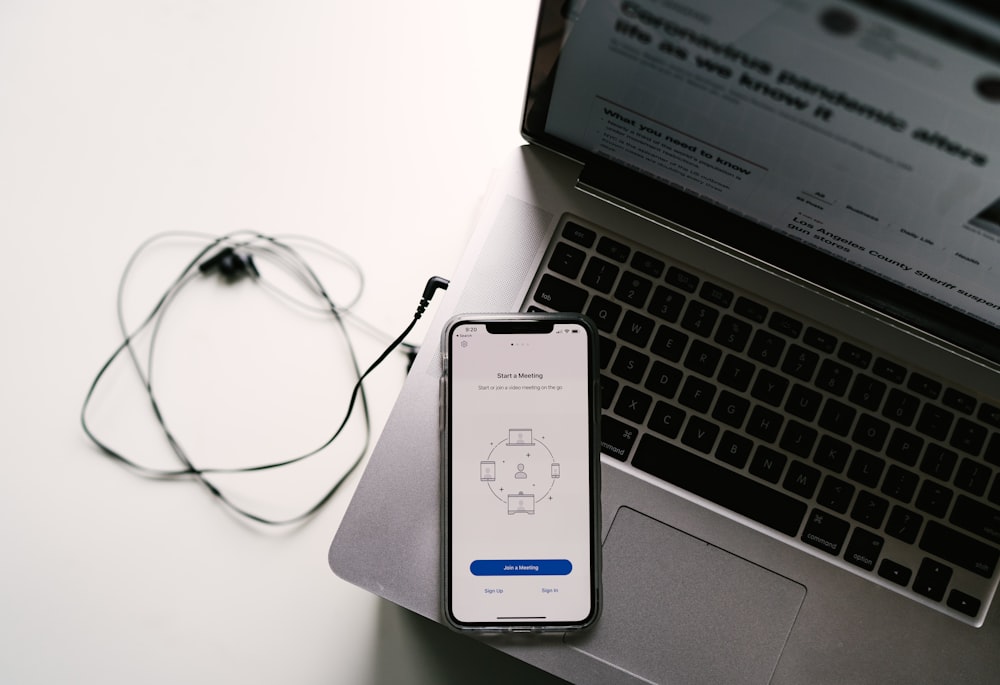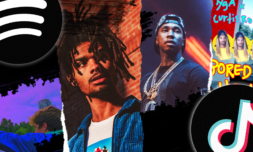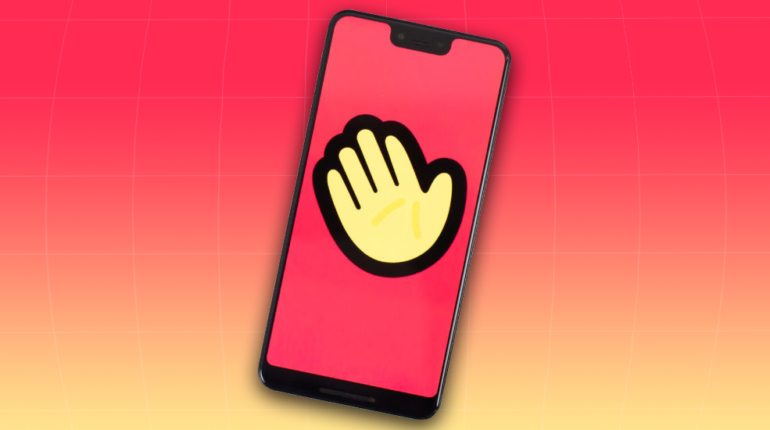Video calling platforms have gone from professional obligation to recreational pastime during the Covid-19 lockdown.
Trying to muster positives in a time of global crisis is like searching for a needle in a haystack. Businesses are going belly up every day that the lockdown persists, with most global stock markets down more than 20% of their highs.
However, there is one particular line of business that has seen a meteoric rise of fortunes amidst all the hysteria – and chiefly the boredom, let’s be honest. With people forced to self-isolate in their homes, including us at Thred, people are flocking to video calling platforms to reach out to friends and family members. As a result, engagement levels with these apps have spiked significantly and the numbers show no signs of signs of slowing down.
If your work is off-desk you may not be too familiar with the apps we’re talking about. But if your daily hustle unfolds within the digital realm; you’ll already be familiar with the likes of Skype and Facetime. But it’s perhaps the ‘lesser known’ platforms that are creating the biggest wave amid all this social distancing; we’re talking the likes of Zoom, Houseparty, Google Hangouts, and Discord.
This surge of new users can, for the most part, be divided into two different pools: those who need the technology for business purposes, and those who’re looking to maintain some remnant of a social life with friends and family. And both are frankly spoilt for choice. The unique pros and drawbacks of each app mean that people are pairing up video calling platforms to fulfil different desires at different times.
Within work hours, a steady connection is essential and many people need to be able to communicate with each other at once. And after hours, or at the weekend people want to kick back in a relaxed environment with friends and amuse themselves with silly pastimes.






















